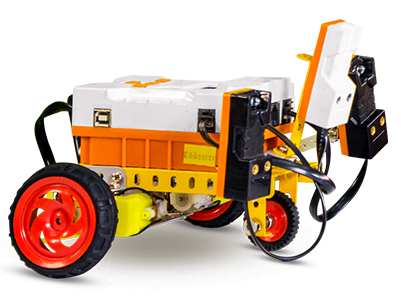
The RoboticsLab team of Next Education invites all budding roboteers to build robots capable of building sustainable cities.

The RoboticsLab team of Next Education invites all budding roboteers to build robots capable of building sustainable cities.
Metropolitan cities in India support large human settlements. People from rural and semi-urban areas flock to these cities..Readmore
Download problem statementIn recent years, India has witnessed rapid urbanisation. It's about time policymakers rethink and redevelop urban spaces not only as booming economic hubs..Readmore
Download problem statement
Location:
Coimbatore : 6th Jan, 2018
Pune, Delhi, Indore : 12th Jan, 2018
Team size : 3 students + 1 mentor*
*Either a parent or a teacher can mentor the team.

1st Prize:Rs.10,000/-*
2nd Prize: Rs.6,000/-*
*The above prize money to be equally shared between the Junior & Senior teams
All teams will receive participation certificates.
Free 1-day mentorship programme for all participating schools
Registartion Fee:Rs.500